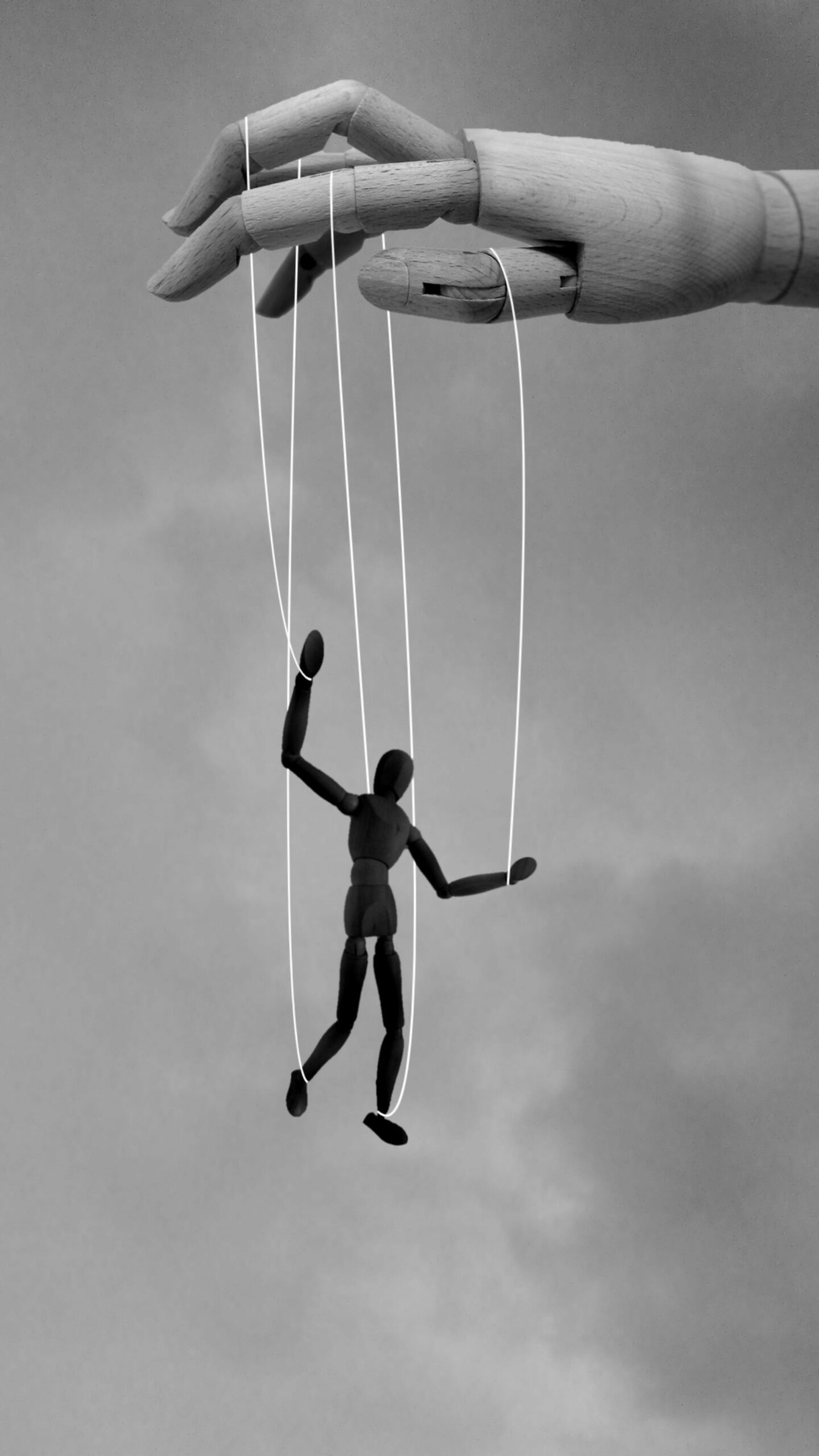 May 26, 2025
May 26, 2025
Control – continued….
I have been thinking a lot lately about coercive control. How it dominates one’s life and how it can remain there, lurking round every corner, for years and years!
Coercive control takes over your whole life. I went through domestic abuse 37 years ago now, but the control he had over me – the power he wielded around like a weapon, it is still there! and he doesn’t even know it!!
When I really think about it, it is just so debilitating. It can take over every part of my life. I still have to really fight my way through the OCD I have because of him. I have to stop myself cleaning. Every day, cleaning. Because it was the only thing at the time that I had control over. I’m a lot better than I used to be, but any signs of stress in my life, and let’s face it, there has been lot’s, the OCD will raise it’s ugly head again and off I go – cleaning! Even at work. The way I feel about myself. I said to my friend last weekend – we were talking about my work at NCDV – and I said, I don’t know why they value me so much! She pulled me up on it immediately but it is constant, you know? It is really something that I have to work through constantly. You would never know it. When I am speaking in front of large audiences, you would never see it. But I like that analogy of being like a swan. Swimming gracefully on the surface but paddling like hell under the surface!
And I think, after so many years – surely that has to have had an impact on not just my mental health, but also my physical health? None if it makes me less if a person. None of it makes me less able to do my job well. it is just there. HE is there. On my shoulder, still telling me I am useless.
I didn’t have a good relationship with my mother. I guess, thinking back, she could be pretty controlling. Of course, when I was a teenager, growing up, it was normal to me. She was very critical of me. The way I lived my life. She put me down a lot. It is only recently that I wonder if that played a part in me not seeing the red flags in my relationship with my abusive husband, who was my first serious relationship. Because perhaps, it just felt normal to me. Maybe, maybe not. I don’t know. All I do know is that I don’t feel people understand coercive control.
The bruises, black eyes, the broken nose, the stabbing. They all feel like a million years ago now. I don’t think of them really. Don’t remember the pain. Well, that isn’t true. I DO remember the pain of the broken nose. AAArrrgghhh. That was bad! But in general, like I and millions of other people have said, the physical evidence disappears but no one can see what is still in the mind. In the brain. The damage done there. As long as you look alright, then you must be alright!
I have spoken about this before, but I do wonder, if the long term effects of domestic abuse can manifest into physical long term illnesses.
This is not a pity party! These are my thoughts but I know that my thoughts are the same as so many other people who have experienced domestic abuse. It isn’t an epidemic. It is a pandemic. It is just that people do not feel ‘safe enough’ to talk about it. What can we do? What can we do to overcome these deep, deep feelings of being controlled. Being made to feel ‘less’ than we are? What else can we do to make people understand?
I don’t know about you, but I just want to wake up and feel well. Not just physically. but as a whole person. Do you get what I mean?

